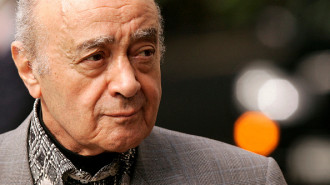Suicide blast strikes Damascus
Al-Qaeda's Syrian affiliate al-Nusra Front claimed responsibility on Monday for a suicide attack hours earlier on a regime-controlled neighbourhood in Damascus, the group said via Twitter.
"With the help of God, three of our lions were able to infiltrate the logistics building," al-Nusra posted on Twitter.
On Monday morning, a group of rebels on motorcycles attacked the Rukn al-Din neighbourhood and detonated a suicide bomb when Syrian security forces came near, a security official told AFP.
"When they realised they could not escape, one of them detonated a suicide belt he was wearing," he said, saying security forces killed the remaining attackers.
The attack took place near a military building used by the Syrian army's logistics department.
The head of the Syrian Revolutionary Local Coordination Committees' media department, Yusef Al-Boustani told al-Araby al-Jadeed that the two explosions targeted "the department's head, General Mohammad Eid" adding that he was taken to Tishrin hospital.
However, a security official denied that Eid had been targeted, but the British-based monitoring group Syrian Observatory for Human Rights said the blast had wounded Eid and killed one of his security guards.
The local Hisham Sinan hospital added that six others were also wounded in the blast.
Witnesses told AFP that an explosion had come from a small motorcycle rigged with explosives, which was followed by roughly 15 minutes of gunfire.
Rukn al-Din, in northern Damascus, is a relatively quiet neighbourhood dotted with small parks and government checkpoints.
Three people were killed there when an explosion struck in March 2013.
Rebel groups are entrenched to the east of Rukn al-Din in Eastern Ghouta, which has suffered from a crippling regime siege for nearly two years.
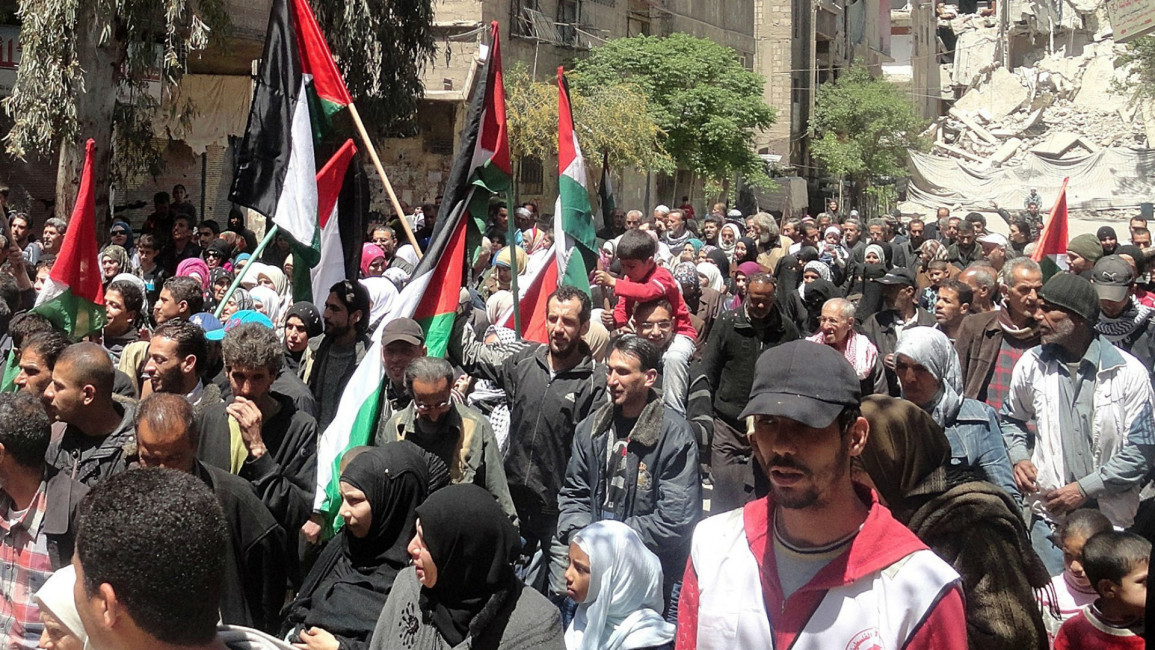
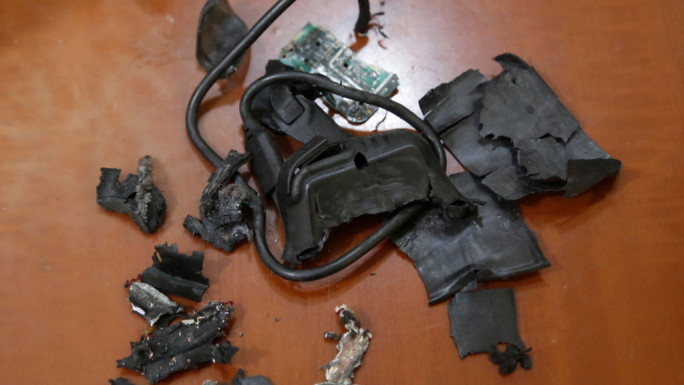
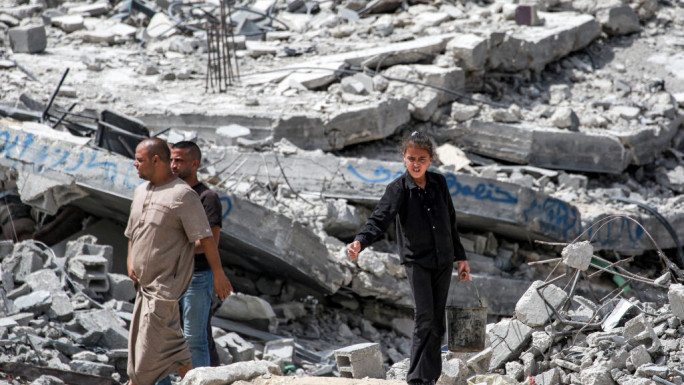

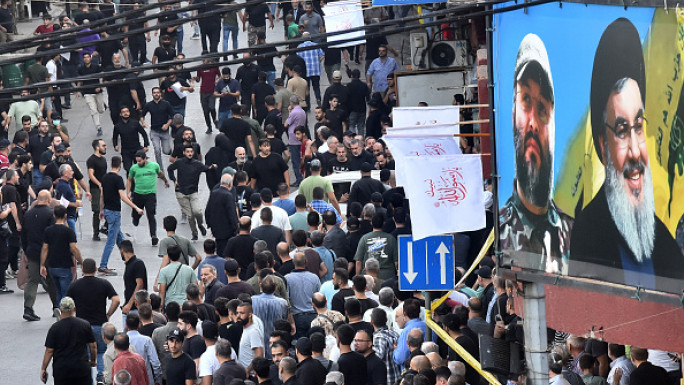
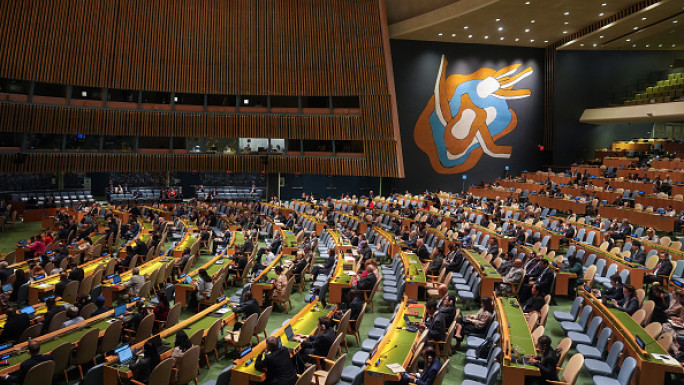
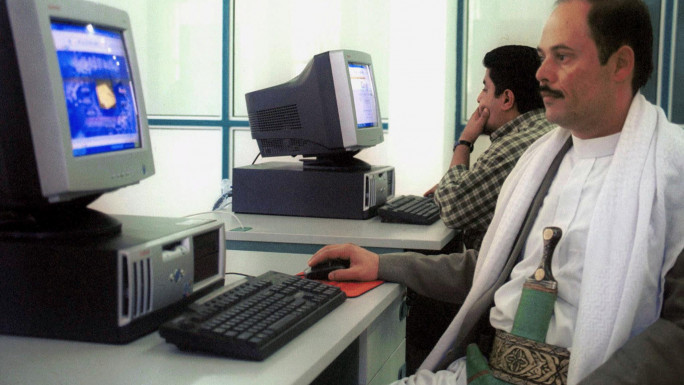
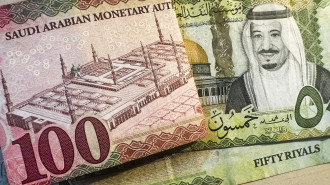
![Vice-President Kamala Harris has faced criticism from the Democratic Party's core voter base for not taking a harder line against Israel [GETTY]](/sites/default/files/styles/image_330x185/public/2168336506.jpeg?h=a5f2f23a&itok=Vft-fku-)
